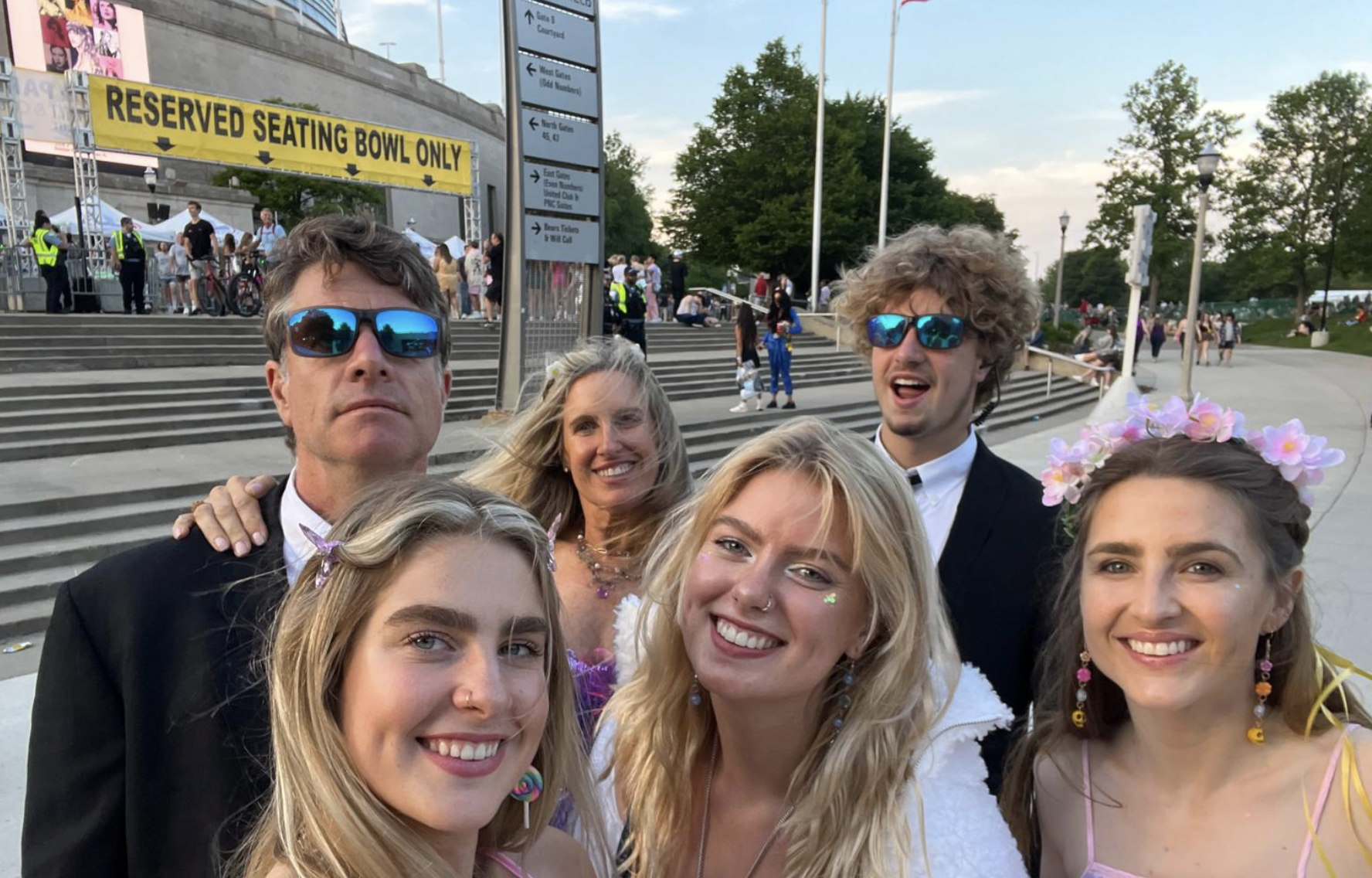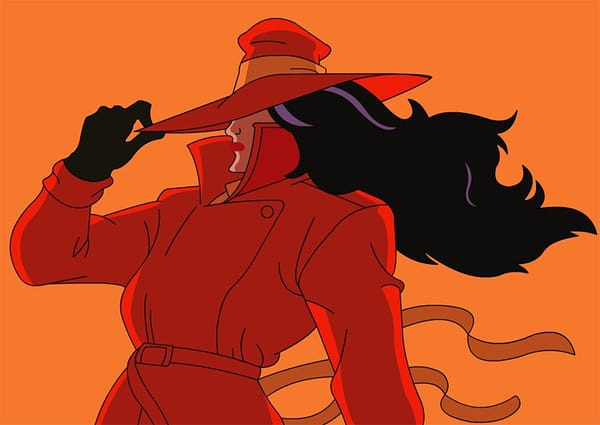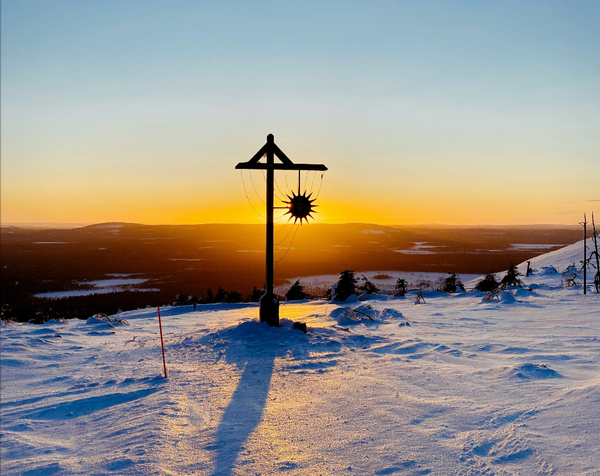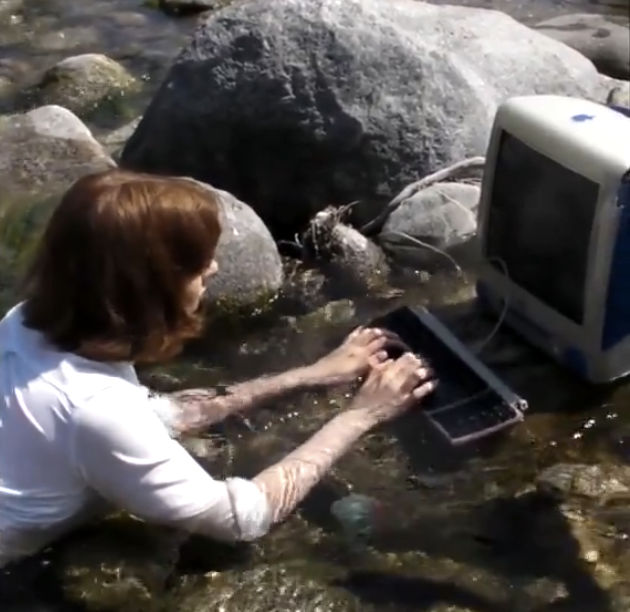The End of an Era (My Version)
. . . Ready For It?

1
The best part of the Eras Tour isn’t the concert but the constellation of moments leading up to it. It’s when my mom texts, I got them, after waiting hours on Ticketmaster. It’s weeks before when I teach a masterclass on Swiftian lore in the family chat. It’s my sister showing me her Eras outfit, a midnight blue dress with stars. I can’t believe it’s tomorrow, but I feel real when I close my eyes and my other sister dusts glitter on my cheekbones. When my stepdad says he’s been listening to Taylor Swift at the gym. When he and my brother dress up, too, in suits and shades, as “security.” I feel real when my mom makes me a flower crown. When we sing “Our Song” as we cruise down Lake Shore Drive on the way to the stadium. When the six of us slide down our row, one by one, like beads on a friendship bracelet. I feel real in the nosebleed seats. The crowd shimmers as our LED wristbands light up. In the Taylor Swift galaxy, each one of us is a star.
2
I became a fan the winter I stole a cat. It was 2013, the Red-era, when I lived off campus in a quiet neighborhood. Angus, the cat, showed up at the backdoor and seemed like a willing captive, even though he had a collar and a belly that swung like a pendulum. He’d follow me into bed and sit warm against my chest, the only safe feeling that season when graduation loomed and I was so heartbroken I couldn’t listen to music. Every song was the soundtrack to my recent breakup, and the only thing worse than music was silence. At least Angus’s purring was a solace. Then I came home from class one day, and he was gone. I couldn’t blame my roommate for giving him back to the neighbors, but I couldn’t believe I’d lost him. I went for a drive, and after weeks of avoiding music, I turned the radio on and heard the words, “We are never ever ever getting back together.” I broke down then, finally accepting the truth.
3
My heartbreak faded, but I kept listening to Taylor. I moved to New York after graduation and ran down Riverside Drive with 1989 blasting in my headphones. I spent a solo Thanksgiving in the grays of Reputation. I grew up and away, moved to Berlin and played “The One” on loops around Tempelhof, running from so much – my country, my family, myself. “I don’t get her,” people told me. “She only writes about her exes.” They didn’t hear the stolen lullabies or lessons passed down like folk songs. The ache of leaving girlhood to become a woman. How underneath every bridge was a search for something real. “I was there,” Taylor sings, and the mantra made me feel real, too, in my anger, my confusion, my joy. I looked to her songs for direction the way a sailor looks to the night sky, and her music gave me something to hold onto when I was unsure. I needed that in the years ahead when I lost friends, when I became estranged. When another relationship ended. When I sad-girl-autumned my way through empty pandemic years. Every time my heart broke, I needed to feel real.
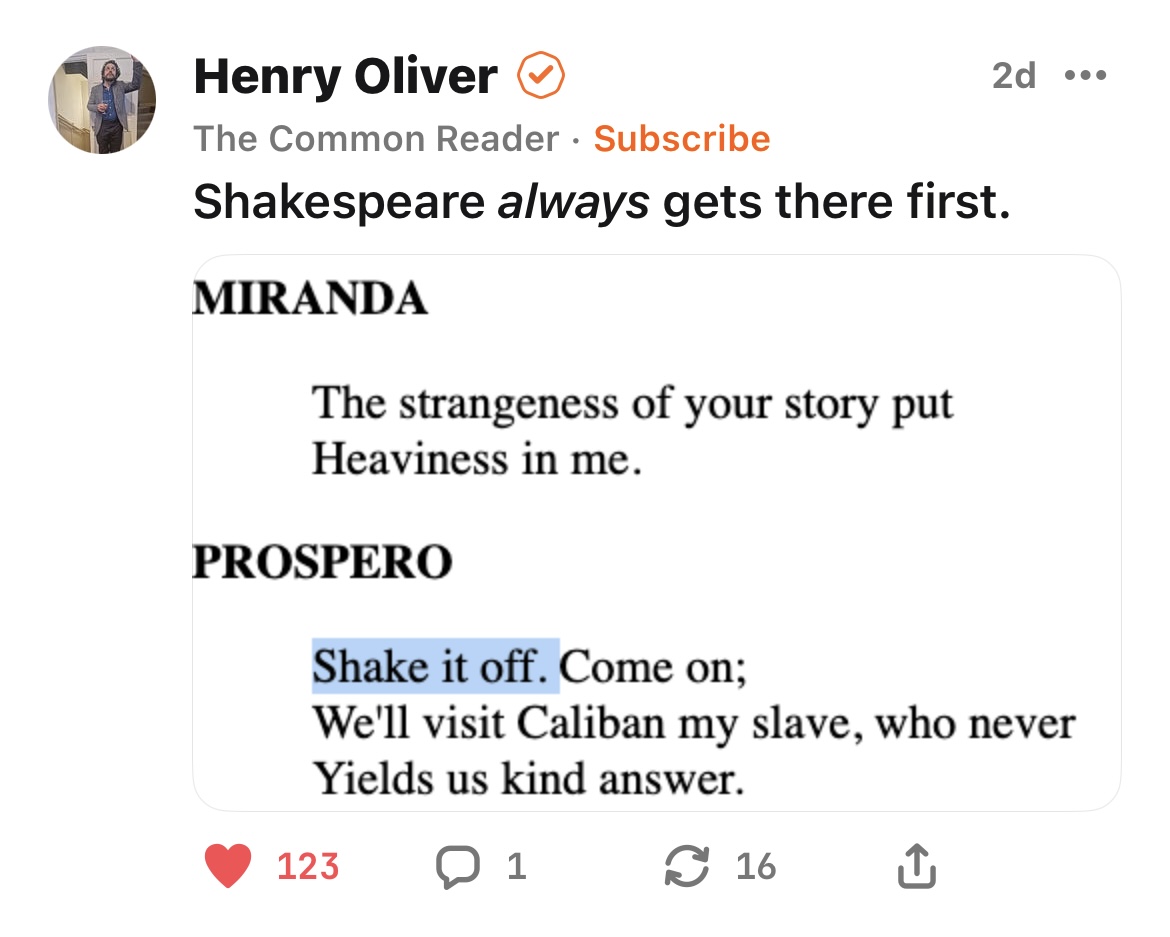
4
The thing about the Eras Tour concert is that it was pretty unreal. The lights, the glitter, the set-design that shifted from dollhouse to mossy hollow. It was a spectacle, but everything was so fine-tuned, so stripped of spontaneity or human error that some moments felt kind of fake. Here’s one example: Taylor, at the piano, crying in a yellow dress and waiting for us to cheer her on. “She’s crying!” the crowd said, covering their mouths, but I’d seen this one before – on social media. In such a curated show, those raw tears didn’t sit right. A year later Taylor released a song admitting that she’d been faking it onstage. She said she was faking happiness, but was she faking sadness, too? In the stadium, I wasn’t sure what was real. But I felt real again, after the concert when my sisters confided that they also felt disconnected at moments. As we joined the slow-moving throng of Swifties leaving the stadium, they also felt like sheep in a herd of strangers moving slowly in one direction. It was a given that we wouldn’t mention this to my mom and stepdad who left the concert like converts, high on Taylor. My sisters and I were grateful, but we were skeptical, too. We were 3 and we were one, and I wanted to keep it that way. I wanted real sisterhood, somewhere real, so I convinced them to take a road trip, to go camping in Michigan’s Warren Dunes.
5
We’re in a getaway car, flying south down I-94—away from the suburbs, away from parents, away from the place I haven’t called home since I graduated high school. That was 15 years ago, but I’m not a teenager anymore — I’m thirty-two. And let me introduce my sisters: Addison is twenty-three, a nanny who parents better than most parents and once custom-printed her own mugshot onto her own hoodie. She’s driving, and my youngest sister Kinsey is the navigator, not quite twenty-one but studying hard at the number 1 party school in California. She and Addison are my half-sisters, but sometimes they look at me the way the popular girls did in high school, like I’m beneath them. Right now I’m behind them, in the backseat, because they say I’m a bad driver and a bad navigator. My job is to roll down the window and hand my credit card to the Starbucks barista. The drinks are for my sisters. The getaway car belongs to my parents. This trip is my idea. You could say I’m the mastermind.
6
On the way to Warren Dunes, we don’t listen to Taylor. We listen to a podcast about the Toy-Box Killer, who is believed to have tortured and killed dozens of women, though the bodies were never found. “This really happened,” a sister says. We pass a real accident. We pass real gun ranges in Indiana and real signs for plastic surgery. We go to Walmart. “This is real America,” I say, but my sisters ignore me. They’re used to it. They don’t think about where they’d hide if an active shooter came into the store. They’re busy filling the cart with chips and beer. They eat real hamburgers, and I eat fake ones because I’m a vegetarian. At checkout, Kinsey gets carded and for a moment we hold our breath. But she’s so cool that the cashier believes her fake is real. On the way out, I see a store wall plastered with pictures of missing people, hundreds of have-you-seen-this-person fliers and millions more who no one is even looking for. There are enough missing people to fill up stadiums. You could go on a missing person world tour, and every empty seat would be someone who was lost and never found.

7
We pay $11 to camp at Warren Dunes, which wasn’t always a state park. Before it was a place where people pitched tents and roasted marshmallows, it was somebody’s home. The Potawatomi tribe lived here, and their rituals and stories were interwoven with the dunes that tower over 260 feet above the landscape. Then, like so many native people, their land was stolen from them. In the early 1900s, the dunes were sold to Edward Warren, who made his fortune by keeping women small, constrained in featherbone corsets. He named the dunes after himself, and today people come here to camp side-by-side and call it real. I’m one of those people, and I’ll admit I didn’t think twice about the hubris of looking for connection on stolen land.
8
When the apocalypse comes, my sisters will be more prepared than me. They know how to make a fire and something called hobo dinner, foil-wrapped hamburgers thrown into the flames. Addison shows me how to set up the tent, but when I leave the flap open, she scolds me for letting bugs inside. “You have no skills,” she once said, over the phone. I couldn’t survive on my own; I don’t know anyone who can. Around the campfire, my sisters drink, and I don’t, but they don’t see me as beneath them. They tell me to stop acting like I’m their aunt. Just be our sister. They say that I’m their real sister, not half of anything. They want me here, and I want to belong. They want me to take an edible, and I want to share something with them, so I do.

9
The raccoons come first, but I’m not sure if they’re real. My sisters tell me to chill out. Branches rustle all around us, and we’re three birds in a tree, but I can’t see their faces. They don’t seem as real as that man crouched in the grass. He could be the Toy-box Killer or a park ranger or the Toy-box Killer pretending to be a park ranger. I warn my sisters, but they just laugh and say there’s no one. They laugh until they’re crying. Until I start crying. Until I run for the car and sob-scream in the backseat. I’ve never cried like this in front of my sisters or anyone, and my tears are a different fluid, like they’re coming from someone else. “What happened?” my sisters ask, and I tell them I’m afraid for them. But what I mean is, “I’m afraid of the world.” I’m afraid of the man in the grass. I’m afraid of the active shooter. I’m afraid of the men who want to destroy women. The ones who want to kill us and make us small until we disappear.
10
My sisters don’t know what to do until Addison, the one with the mugshot hoodie, says we have to get out of the car. That if we’re in the car, we have intent to drive. That intentions are everything. She makes me get out of the backseat. She makes me face reality. She makes us all return to the fire and clean up our mess. And while we’re collecting beer cans and hamburger foils, the raccoons rush in, real and fierce. My sisters fight them off, but I run away, back to the car, fleeing on instinct, like that scene in Force Majeure when the father only saves himself from the avalanche. I’m yanking the car door, ready to leave, but I don’t even have the keys. I turn to tell my sisters, but they’re not listening. They’re fighting off the raccoons. They’re doing it together, and I can see that they’re so much better than me at being in a family.
11
In the morning, we take apart the tent, our temporary home. No one talks about last night. Everyone’s wants to leave, but before we go, we see the dunes. I thought they’d look like mountains, the way I remembered as a kid, but they’re just mounds. It’s jarring, like when you see your school playground and can’t believe how small it is. Even children climb up the dunes and run back down. I could’ve gone up there, too. I could’ve shown myself they weren’t insurmountable. I could’ve, but I didn’t.

12
Instead I call my boyfriend in Germany, where my morning is his afternoon. “You’re the big sister,” he says, when I complain about what happened. “Don’t get so emotional.” He’s trying to calm me down, but what I hear is that my emotions are too big. He doesn’t like drama or Taylor Swift or American capitalism. And maybe my feelings are too much, but I’m the one who has to carry them back to Berlin, where Taylor is everywhere. Europe is her stage on a tour that never ends, even while everything else changes. My friend from school has a baby. Another friend moves away. My sister is graduating from college. Even Taylor seems happier. I don’t think I’m changing, but maybe I am. I haven’t been listening to her music as much, choosing silence instead. The no-headphones, walk-in-the-woods silence I was so afraid of in college. Maybe back then I wasn’t ready for what silence would say, that no relationship – not with my sisters or my boyfriend, not even with Taylor Swift – can save me. They can’t make me fearless or take away the uncertainty. When Taylor releases another album, like always, I search for answers. I like some of the songs, but something is different. I don’t feel the same pull. Heartbreak isn’t something anyone outgrows, but I’m going in a new direction and some guides aren’t meant to take you all the way. Maybe that’s the answer: I don’t need her music now to know what’s real.
13
What’s real isn’t always shiny and neat. With time, I value what happened after my sisters fought the raccoons. How Addison put out the fire and unzipped the tent. How Kinsey said, “You want to be in the middle, don’t you?” Of course I did. I wanted my sisters on either side of me, like two sleeping bears. I wanted to rest in the valley between them. My family doesn’t always understand me, but when the getaway car pulls in the driveway, I’ll be welcomed home. And it’s true that Taylor Swift is a symbol of unhinged capitalism, but she’s also a woman who helped me grow up. Maturity is learning to hold multiple truths. A woman is one. A girl is one. A woman and a girl are one. A woman and a girl and her sisters are one. I wanted them to save me, but I’ll be the one to save myself. And maybe that’s what happens after the Eras Tour ends. After the Lover house gets deconstructed or enshrined in a museum. After the lights go out and everyone goes home. It was the end of an era, Taylor sings, but the start of age, and what comes next is still unwritten.
